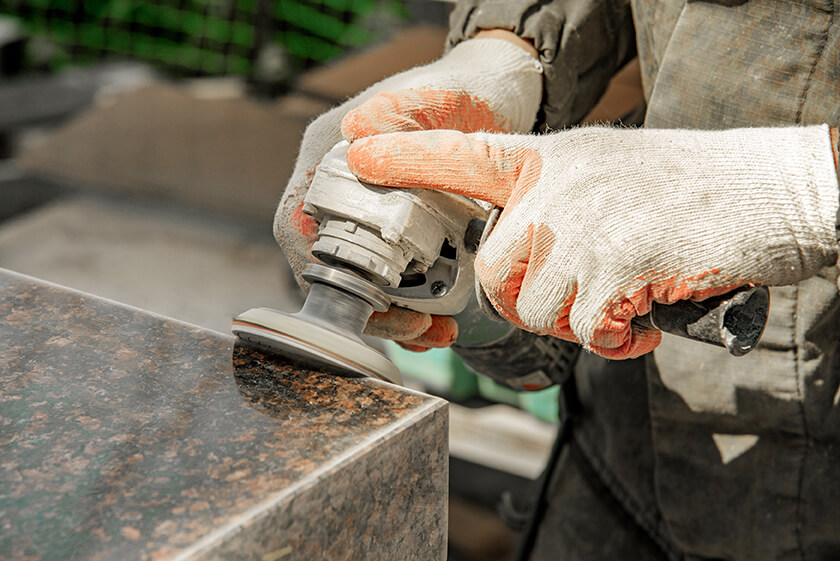WHAT IS SILICA AND SILICA DUST?
Crystalline silica is a mineral commonly found in natural materials like sand, rock and stone. It can also be found in man-made materials like concrete, tile, brick and mortar. When workers cut or drill into materials that contain silica, tiny dust particles are created. (The technical name for this dust is respirable crystalline silica).
Although silica dust may look like ordinary dust, it’s much smaller (about 100 times smaller than sand granules) and much more dangerous. Silica dust is a carcinogen. Over time, breathing this dust can cause the formation of scar tissue in the lungs, which reduces the body’s ability to take in oxygen. Breathing this dust can also cause silicosis, lung cancer, COPD, kidney disease, and certain autoimmune disorders.
WHAT IS SILICOSIS?
Employees exposed to silica are at risk for developing silicosis. Depending on the severity and length of an employee’s exposure, he or she may develop one of three silicosis types.


